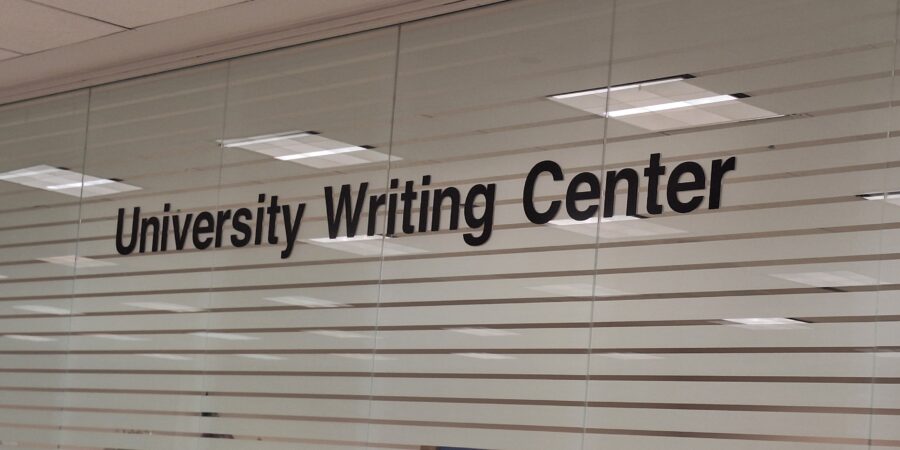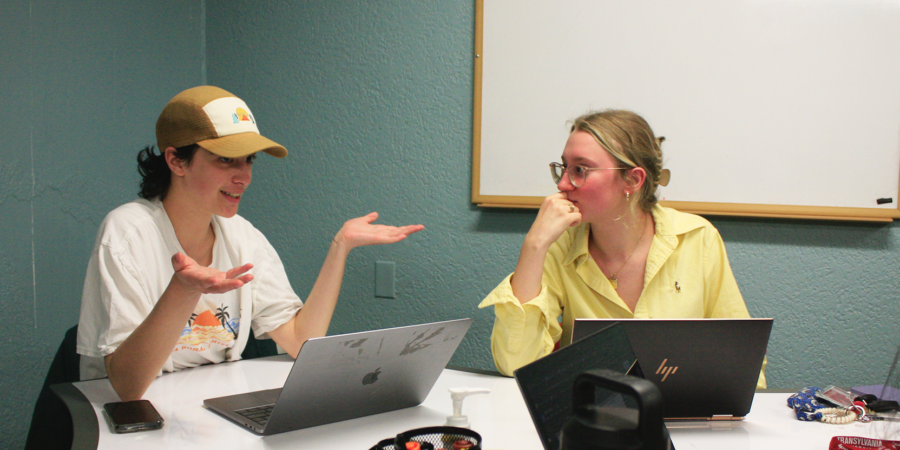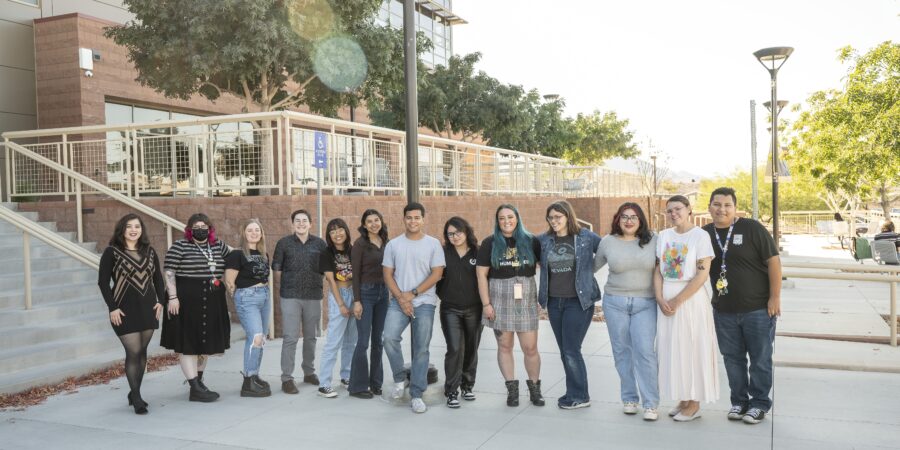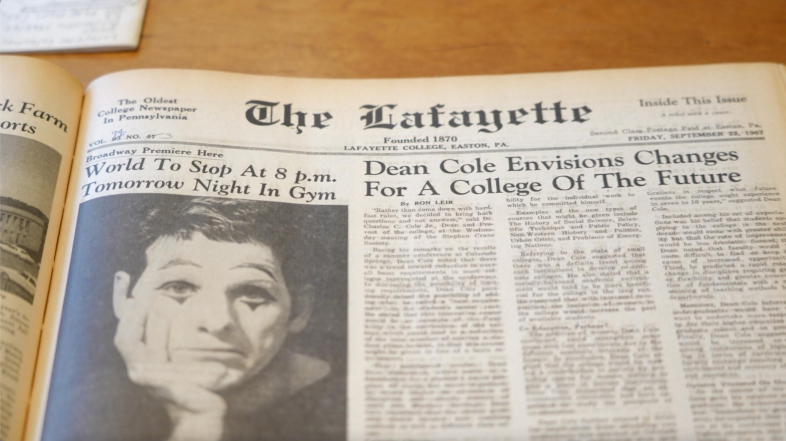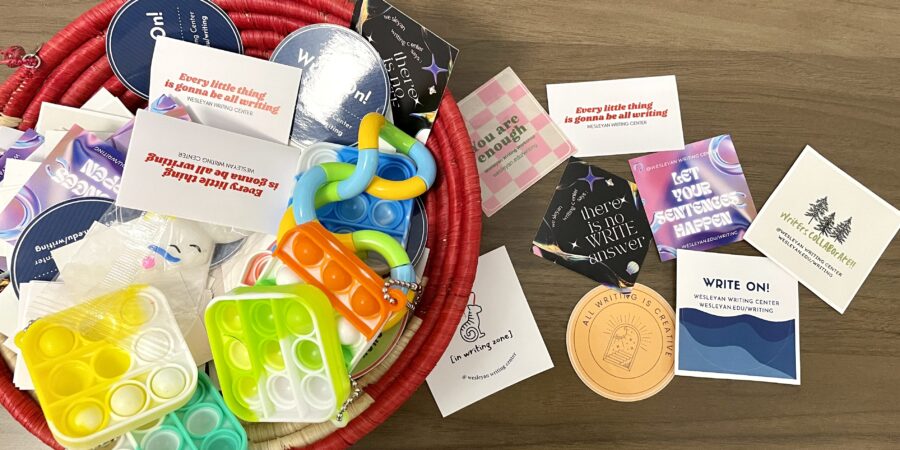By Eve Brunell, Estella Davis, Jay Fowler, Caroline Host, Dylan Howell, Emily Jackson, Olivia Jackson, Evan Paden, Olivia Sparks, Ellie Thornsbury, Erika Williams (under the direction of Dr. Scott Whiddon, Transylvania University)—In Fall 2023, Transylvania University Writing Center (TUWC) partnered with four undergraduate courses—theater, philosophy, sociology, and writing/rhetoric/communication—to support writers working within a range of genres and assignment types. In each of these partnerships, enrolled students were required to work with a TUWC undergraduate peer writing consultant at least two times to support understanding prompts, brainstorming possible pathways, developing drafts, and considering revision strategies. […]


